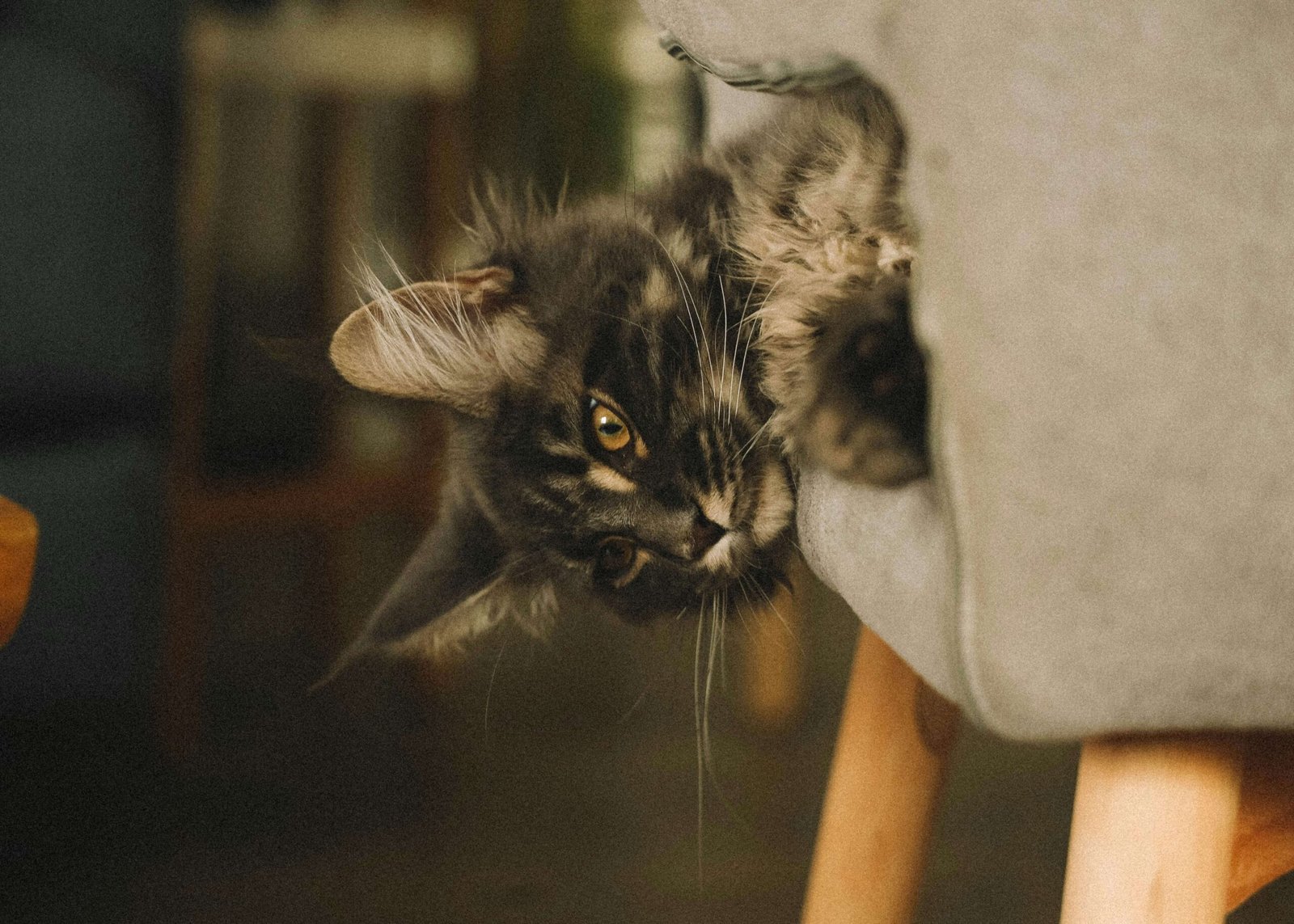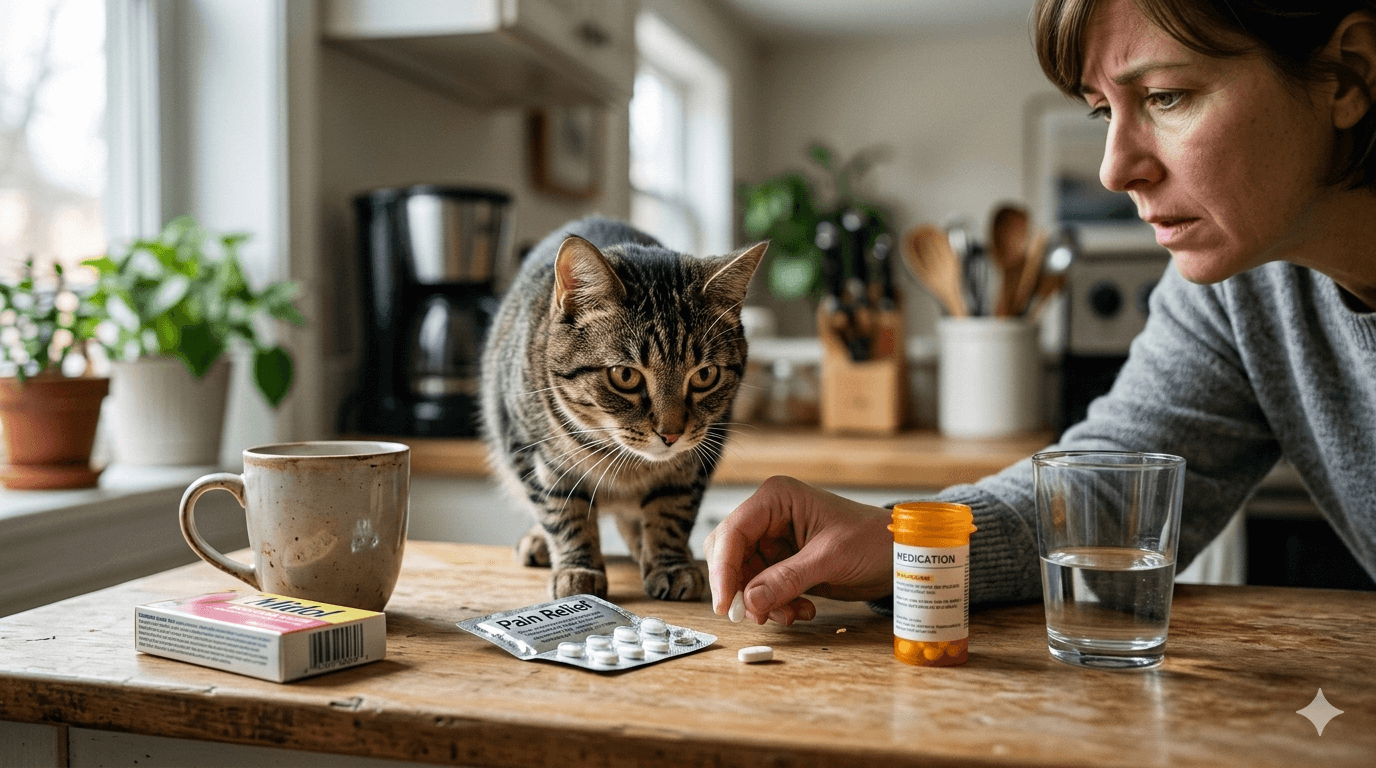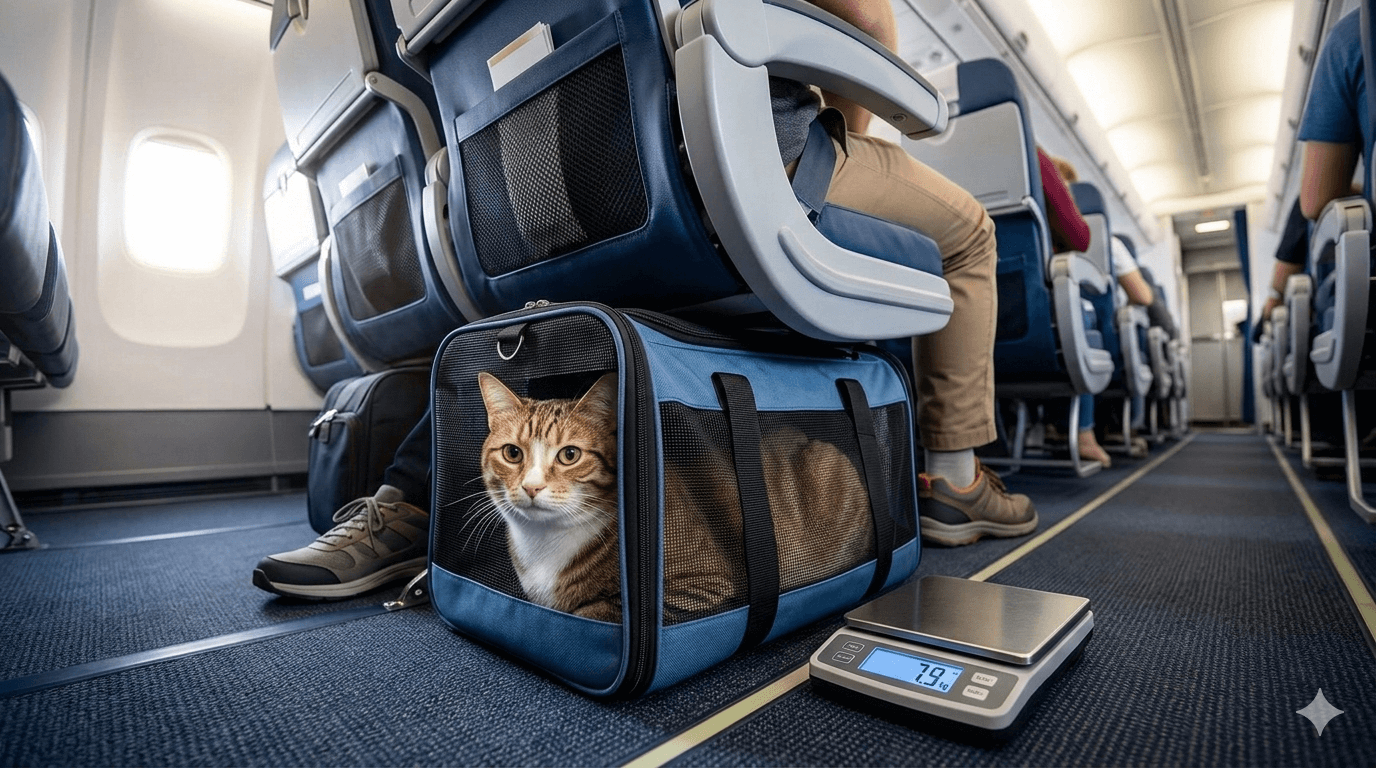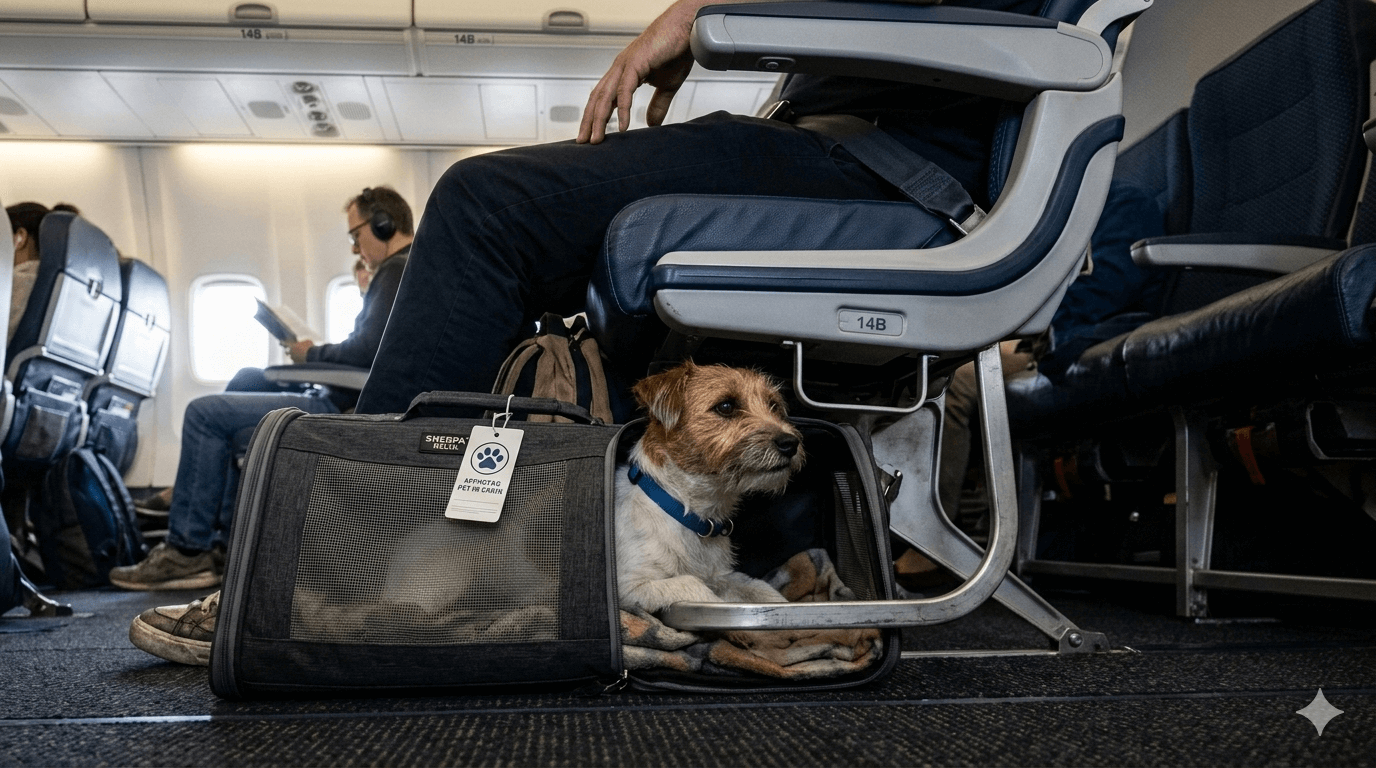What to Do If a Cat Sneezed in Your Face: A Comprehensive Guide
Cats are adorable, playful companions, but sometimes their quirky behaviors catch us off guard—like when a cat sneezes directly in your face. While it might seem harmless or even amusing at first, there are important considerations to keep in mind. Cats can carry germs, allergens, or even infectious agents that might affect your health. In this blog post, we’ll explore what happens when a cat sneezes in your face, how to respond, and what steps you can take to ensure both you and your feline friend stay healthy. Whether you’re a seasoned cat owner or new to pet parenting, this guide will equip you with the knowledge you need to handle such situations confidently.
Immediate Steps to Take After a Cat Sneezes in Your Face
If your cat sneezes in your face, it’s essential to act quickly to minimize any potential risks. Here’s what you should do:
Wash Your Face Immediately
Use warm water and mild soap to gently cleanse your face, especially around your eyes, nose, and mouth.Avoid Touching Your Face Further
Refrain from touching your face with unwashed hands to prevent the spread of germs.Check for Any Irritation
Look for signs of redness, itching, or discomfort on your skin after the sneeze.Rinse Your Eyes if Necessary
If any droplets entered your eyes, rinse them thoroughly with clean water or saline solution.Observe Your Cat’s Behavior
Take note of whether your cat appears unwell, as frequent sneezing could indicate an underlying health issue.
By following these steps, you can reduce the risk of irritation or infection while also monitoring your cat’s well-being.
Common Reasons Why Cats Sneeze
Understanding why cats sneeze can help you determine whether the incident was harmless or a sign of something more serious. Here are some common causes:
Environmental Allergens
Dust, pollen, or strong odors can irritate a cat’s nasal passages, triggering sneezing.Upper Respiratory Infections
Viral or bacterial infections often cause sneezing, along with symptoms like runny noses or watery eyes.Foreign Objects
Small particles like dust or hair can get lodged in a cat’s nasal cavity, leading to sneezing.Dental Issues
Problems with a cat’s teeth or gums can sometimes affect their sinuses, causing sneezing.Stress or Excitement
Emotional triggers, such as excitement during playtime, may result in occasional sneezing.
Knowing these potential reasons can help you identify whether your cat needs medical attention or if the sneeze was just a random occurrence.
Check this guide 👉Why Is My Cat Sneezing and Have Watery Eyes? Best 7 Tips!
Check this guide 👉What Can I Give My Cat for Sneezing? Best 7 Health Tips!
Check this guide 👉Understanding Cat Reverse Sneezing: Best 7 Expert Care Tips!
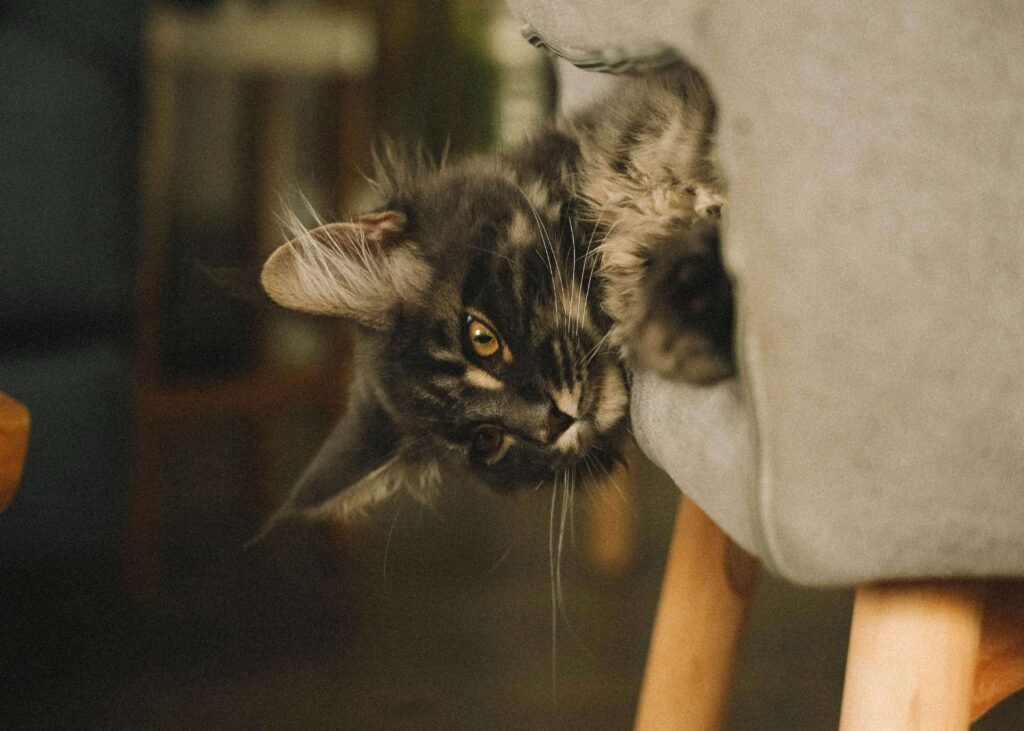
Possible Causes of Sneezing | Signs to Watch For |
|---|---|
Environmental Allergens | Frequent sneezing in specific areas |
Upper Respiratory Infections | Runny nose, watery eyes, lethargy |
Foreign Objects | Pawing at face, repeated sneezing |
Dental Issues | Bad breath, difficulty eating |
Stress or Excitement | Sudden sneezes during play or interaction |
Health Risks Associated with Cat Sneezes
While most cat sneezes are harmless, there are a few health risks you should be aware of to protect yourself and your pet. Here’s what to consider:
Transmission of Zoonotic Diseases
Certain illnesses, like bordetella or chlamydiosis, can be transmitted from cats to humans through respiratory droplets.Allergic Reactions
Some people may experience allergic reactions to proteins found in a cat’s saliva or nasal secretions.Bacterial Infections
Rarely, bacteria from a cat’s sneeze could lead to skin or eye infections if proper hygiene isn’t maintained.Weakened Immune Systems
Individuals with compromised immune systems are at higher risk of complications from exposure to pathogens.Indirect Transmission of Parasites
Fleas or other parasites carried by cats may indirectly pose health risks if not addressed promptly.
By staying informed about these risks, you can take proactive measures to safeguard your health and your cat’s well-being.
Preventive Measures to Minimize Cat Sneezing
Prevention is key to reducing the likelihood of your cat sneezing frequently or in your face. Here are some practical tips:
Maintain a Clean Environment
Regularly vacuum and dust your home to minimize allergens that could irritate your cat’s nasal passages.Provide Proper Ventilation
Ensure good airflow in your home to reduce the buildup of airborne irritants.Schedule Regular Vet Checkups
Routine veterinary visits can help detect and treat underlying health issues early.Keep Your Cat Indoors
Limiting outdoor exposure reduces the risk of your cat contracting respiratory infections.Monitor Your Cat’s Diet
A balanced diet supports overall health, including a strong immune system to combat infections.
Implementing these preventive measures can significantly decrease the chances of sneezing incidents and promote a healthier environment for everyone.
Understanding Cat Sneezing Triggers
Cats sneeze for a variety of reasons, and identifying the specific trigger can help you address the issue effectively. Here are some common triggers to consider:
Strong Scents
Perfumes, cleaning products, or air fresheners can irritate a cat’s sensitive nasal passages.Dry Air
Low humidity levels in your home may dry out your cat’s nasal membranes, leading to sneezing.Household Dust
Accumulated dust on surfaces or in carpets can provoke sneezing fits in cats.Smoke Exposure
Cigarette smoke or cooking fumes can irritate a cat’s respiratory system.Seasonal Changes
Cats may sneeze more frequently during certain seasons due to pollen or temperature fluctuations.
By pinpointing the trigger, you can take steps to reduce or eliminate it, ensuring your cat stays comfortable and sneeze-free.
Signs That Your Cat Needs Veterinary Attention
While occasional sneezing is normal, persistent or severe sneezing could indicate a more serious health issue. Here are signs that warrant a visit to the vet:
Nasal Discharge
Yellow, green, or bloody nasal discharge may signal an infection or other medical condition.Loss of Appetite
If your cat refuses to eat or drink, it could be a sign of discomfort or illness.Lethargy
Unusual tiredness or lack of energy often accompanies respiratory issues.Excessive Pawing at the Face
This behavior may indicate irritation or pain in the nasal area.Difficulty Breathing
Labored breathing or wheezing requires immediate veterinary attention.
Recognizing these symptoms early can prevent complications and ensure your cat receives timely treatment.
Tips for Strengthening Your Cat’s Immune System
A strong immune system can help your cat fend off infections that might cause sneezing. Here are some tips to boost your cat’s immunity:
Provide a Balanced Diet
High-quality cat food rich in vitamins and nutrients supports overall health.Keep Vaccinations Up-to-Date
Regular vaccinations protect your cat from common infectious diseases.Encourage Play and Exercise
Physical activity helps maintain a healthy weight and strengthens the immune system.Minimize Stress
A calm and stable environment reduces stress, which can weaken immunity.Offer Clean Water
Hydration is essential for flushing toxins from your cat’s body and maintaining respiratory health.
By focusing on these strategies, you can help your cat build resilience against illnesses and reduce the likelihood of sneezing episodes.
Frequently Asked Questions About Cat Sneezing
Is it dangerous if my cat sneezes in my face?
While rare, it’s possible for zoonotic diseases or allergens to be transmitted. Washing your face immediately minimizes risks.
How can I tell if my cat’s sneezing is serious?
Persistent sneezing accompanied by other symptoms like nasal discharge or lethargy may indicate an underlying issue requiring veterinary care.
Can stress cause my cat to sneeze?
Yes, emotional triggers such as excitement or anxiety can lead to occasional sneezing.
Should I worry about allergens from my cat?
People with allergies should take precautions, such as washing hands frequently and using air purifiers.
What can I do to stop my cat from sneezing so much?
Identifying and addressing the root cause, such as environmental irritants or infections, is key to reducing sneezing episodes.
Final Thoughts on Handling Cat Sneezes
Experiencing a sneeze from your feline companion can be surprising, but it doesn’t have to be alarming. By understanding the potential causes, taking immediate action, and implementing preventive measures, you can ensure both your health and your cat’s well-being remain intact. Remember, regular vet checkups and a clean living environment are crucial for minimizing sneezing incidents. With the right care and attention, you and your cat can continue to enjoy a happy, healthy relationship free from unnecessary worries. After all, every sneeze is just another reminder of the unique bond you share with your furry friend!
Can I Give My Cat Midol? Best 7 Expert Tips! – Learn the risks, symptoms, and safe alternatives to keep your cat healthy and avoid toxic reactions.
Can I Give My Dog Midol? Best 7 Expert Tips! – Discover the risks, safe alternatives, and expert advice to keep your dog safe from accidental poisoning.
Maximum Weight for Cats on Planes: Best 7 Expert Tips! – Learn airline policies, tips to stay compliant, and ensure safe travels for your feline friend.
Max Weight for Dogs on Planes: Best 7 Expert Tips! – Discover airline weight limits, safe travel tips, and solutions for flying with your dog stress-free.

